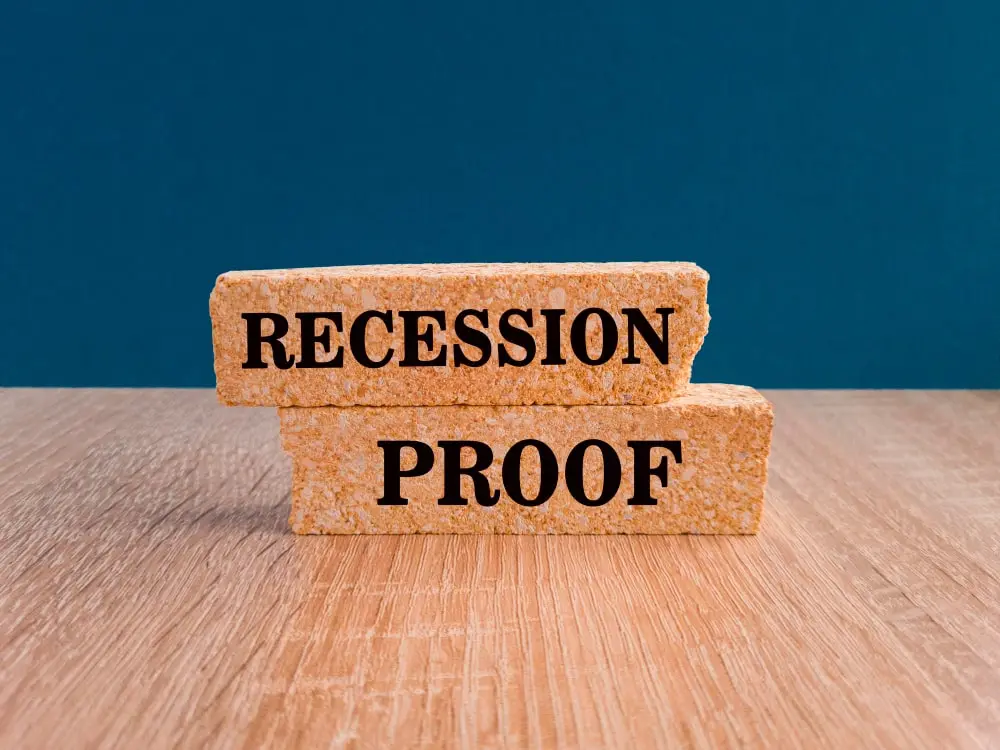Table of Contents
ToggleOver the past years, real estate debt funds have become one of the prominent alternative investment options for individuals willing to diversify their portfolios and generate passive income. However, the fact remains that just like any investment opportunity, they are also fraught with challenges.
In managing real estate debt funds, market volatility and regulatory obstacles can be among the issues challenging the investor, whether novice or experienced. Here, we’ll discuss the common pain points associated with investing in real estate debt funds and offer practical solutions to overcome them.
Challenges for Real Estate Debt Fund Investors
- Lack of Transparency: The main problem that investor agents often deal with when investing in real estate debt funds is the lack of visibility about the objects being funded. Unlike stocks or bonds that are traded publicly, real estate debt funds often have little or no disclosure provisions due to difficulty in analyzing the profile of an entire investment.
- Illiquidity: Unlike conventional stocks and bonds, which are highly liquid, real estate debt funds generally lack liquidity, giving investors a hard time accessing their capital during catastrophes. This often makes them untradeable, and in this sense, they need to be more liquid. This illiquidity becomes most problematic during times when markets are in turmoil or during economic uncertainty.
- Market Volatility: Real estate markets are extremely volatile because they react to macroeconomic cycles, fluctuations in interest rates, and geopolitical events. This volatility could alter the performance of real estate debt funds, impacting the returns and, as a result, causing exposure to risks that were not anticipated by the investors.
- Due Diligence Burden: Real Estate debt fund due diligence can be a tiring task, especially with key performance indicators like borrower creditworthiness, quality of the assets, and fund manager’s record. This due diligence burden can be overwhelming for investors without deep knowledge or expertise in this field.
- Regulatory Complexity: Navigating the dense and time-consuming regulatory maze connected with real estate debt funds can be daunting. The criteria of regulatory requirements will be affected by reasons such as jurisdiction and fund structure, which means that investors will have to deal with more complexity.
Solutions to Overcome These Challenges
- Enhanced Disclosure and Reporting: To achieve more transparency, investors can find real estate debt funds, which set up practices that are more transparent and obligatory to report. Be sure to check the details of the funds that you are interested in. They should have transparent information about the assets such as property evaluations, loan-to-value, and borrower profiles. Yet another consideration in choosing the right fund is to opt for funds that provide regular updates and performance reports to keep the investors well informed.
- Diversification and Risk Management: Addressing market volatility via a balanced approach in real estate debt fund investment is essential. You can achieve diversification by allocating your investment to more than one fund or strategy, thereby minimizing the vulnerability to a single asset or market segment. Besides that, make a resort to funds that engage in risk-hedging and diversification strategies to guard against adverse changes in the economic climate.
- Partnering with Experienced Fund Managers: Investment in real estate debt funds involves the management of numerous regulatory complexities. In this situation, investors require the support of professionals who demonstrate experience in the market and who are knowledgeable in its particularities. To identify a successful fund manager in the real estate debt finance niche, you should look for a professional who has a proven track record of successful real estate debt fund management and a deep understanding of the regulatory environment. Get in touch with the Capital experts who will help you navigate this domain.
- Leveraging Third-Party Due Diligence: Implementing full-fledged due diligence of real estate debt funds is not an easy task, particularly the investors without professional proficiency in real estate finances. When partnering, think of hiring independent due diligence experts, who offer reputable third-party services from firms that focus on real estate investment analysis. Such services can give more precise details on the quality of speculative investments and the risk profile.
- Assessing Liquidity Needs and Investment Horizon: Before investing in real estate debt funds, it is important to look at your needs for money to be in hand and the duration of your investments. If you expect some capital back at hand in the short term, consider alternative investment options with more liquidity. Investors who are open to a long-term perspective will find it much easier to tolerate the illiquidity provided it aligns with their broader investment objectives.
Conclusion
Real estate debt fund investments provide an appealing alternative to exploring avenues for portfolio diversification and earning passive income. However, in the same way as other investment vehicles, real estate debt funds also face challenges. If one invests time to understand the common pitfalls associated with real estate debt funds and applies the solutions that we discussed, they will be able to go into real estate debt funding and deals with confidence, knowing they will be able to find their way through the complexities of these investments.
Keep in mind that you should always perform careful due diligence, find fund managers with experience, and map out your investment strategy in a way that helps you reach your goals. Real estate debt funds can add value to your portfolio if you take the right approach. Connect with Munshi Capital experts now!





